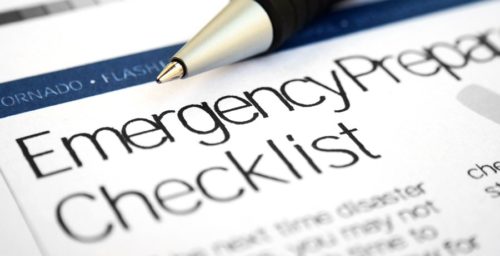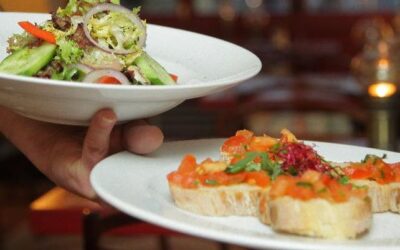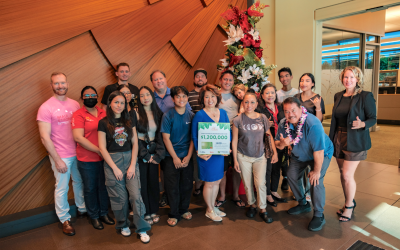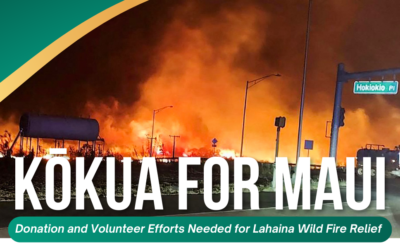 Here in Hawaii, we do have our share of power and water outages, and they are not always false alarms. As an old Boy Scout, it is always best to be prepared. Here are a few tips:
Here in Hawaii, we do have our share of power and water outages, and they are not always false alarms. As an old Boy Scout, it is always best to be prepared. Here are a few tips:
Emergencies such as a power or water outage seem to always happen during a busy time when your restaurant is full of diners. To avoid having mayhem break out in your restaurant, have an emergency kit ready to go in a location that can be easily gotten to, and have your staff knows where these kits are. You should have one in the kitchen, and one in the dining room. Have more kits available if you have a larger facility. The kit may be as simple as having a flashlight, old school credit card receipts and swiper, to having a first aid kit, hand charged radio, and orange vests to guide customers and staff out to safety. I am not a computer guy, but having at least 1 POS with a battery backup would be a good idea to cash out your customers.
If the outage is water, as each restaurant is required to have running water to wash hands and dishes, the restaurant must close. Water outages are usually a day long affair, but electrical outages could be a few minutes to a few days. In the kitchen, note the time the power went off, and avoid opening refrigeration doors, to help keep the food temps below 41. If the outage is 2 hours long, foods that were in the process of being cooked should be discarded, and foods that were in being held in the Temperature Danger Zone need to be discarded after 4 hours. Any foods that were in the process of cooling should be fully cooled to 41 and below before being stored. Putting hot foods into a walkin or refrigerator just causes the temp of all the foods to jump above 41.
If you have any hot foods being held (at over 135deg of course!!) keep them covered or in the warming box, but must be discarded if they dip below 135 for 4 hours. Btw – that 4 hour time is the reason you need to note the time of the outage.
Once power comes back on, document what time it came back on, record the temperature of each unit. Discard foods that were over 41deg for 4 hours or more. Some larger facilities I have worked in and audit have backup generators and batteries that are wired into the critical equipment. They are a good idea if you have a lot of product kept under refrigeration, or your facility is in an area that is prone to outages.
To learn more detail about Food Safety procedures, or to set up an independent discounted audit of your facility, please contact Peter Bellisario of Peter B Food Safety Audits at peter@peterbfoodsafety.com or (808)491-7766. Check out my new website – PeterBFoodsafety.com




0 Comments